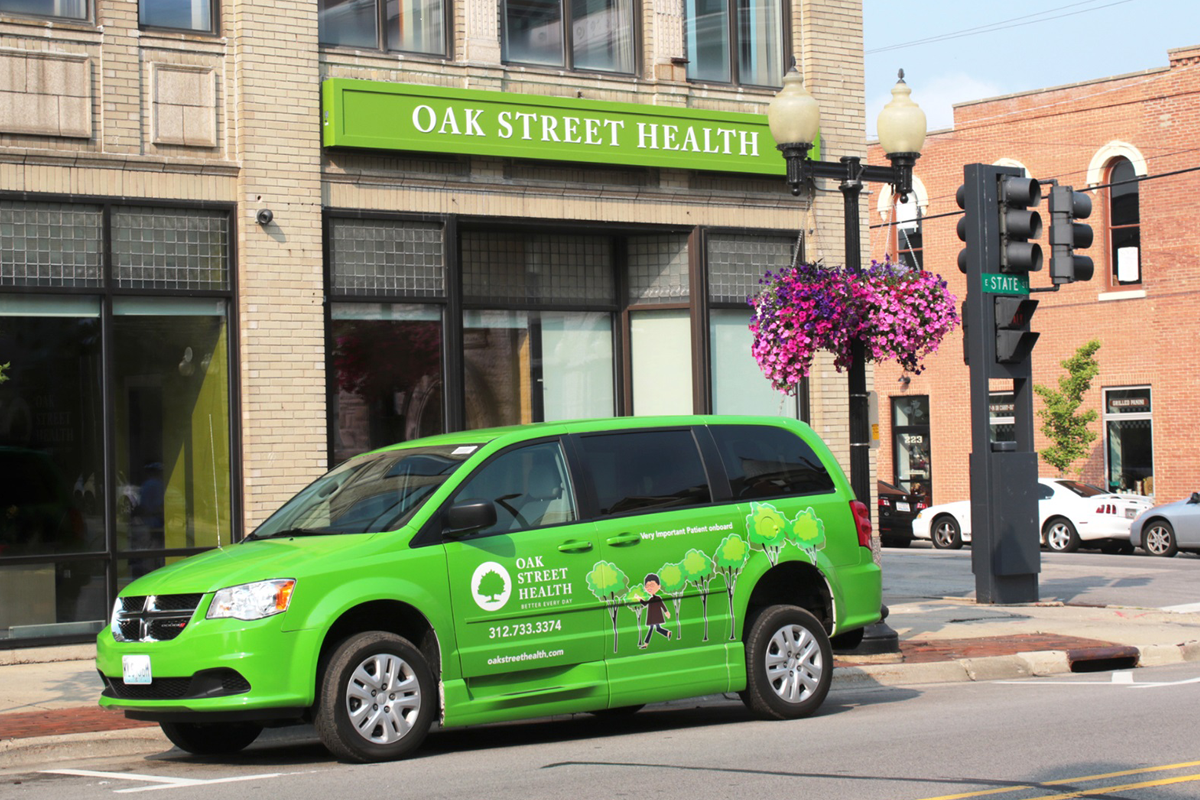

CVS Health Buys Oak Street Health, But Will the Investment Pay Off?

In a move that could allow it to significantly increase its primary care services to older adults and those on Medicare, CVS Health made it official recently that it is buying Oak Street Health for $10.6 billion, including debt.
Oak Street Health, with 169 medical centers across 21 states, focuses on value-based care services including screenings and diagnoses for older adults. CVS stated that it expects the deal to close this year, but already some are raising concerns about possible antitrust issues. The American Economic Liberties Project has decried the deal, stating that it will hurt competition in the marketplace, including independent health care businesses.
CVS leaders have made it clear for months now that they plan to build their primary care assets through acquisition as part of the company’s larger health care strategy. Enhancing its value-based offerings is core to CVS’ strategy as the retailer redefines how people access care, CEO Karen Lynch noted in a statement.
Oak Street is on a projected growth track that fits with CVS’ ongoing plans to scale its health care business. By 2026, Oak Street expects to have 300 centers, each of which has the potential to deliver $7 million in earnings. CVS also projects more than $500 million in synergy potential between the organizations, which would enhance long-term operating growth potential.
But the Oak Street deal has its risks, analysts note. The clinic operator is expected to lose $200 million this year and won’t reach profitability until 2025 at the earliest, a Healthcare Dive report states, adding that some analysts believe this could pressure CVS’ financial targets along with corporate capital priorities such as share buybacks.
Further complicating CVS’ financial picture in health care is the fact that its insurance arm Aetna saw a decline in its Medicare Advantage star ratings late last year, which could negatively impact earnings targets in 2024.



